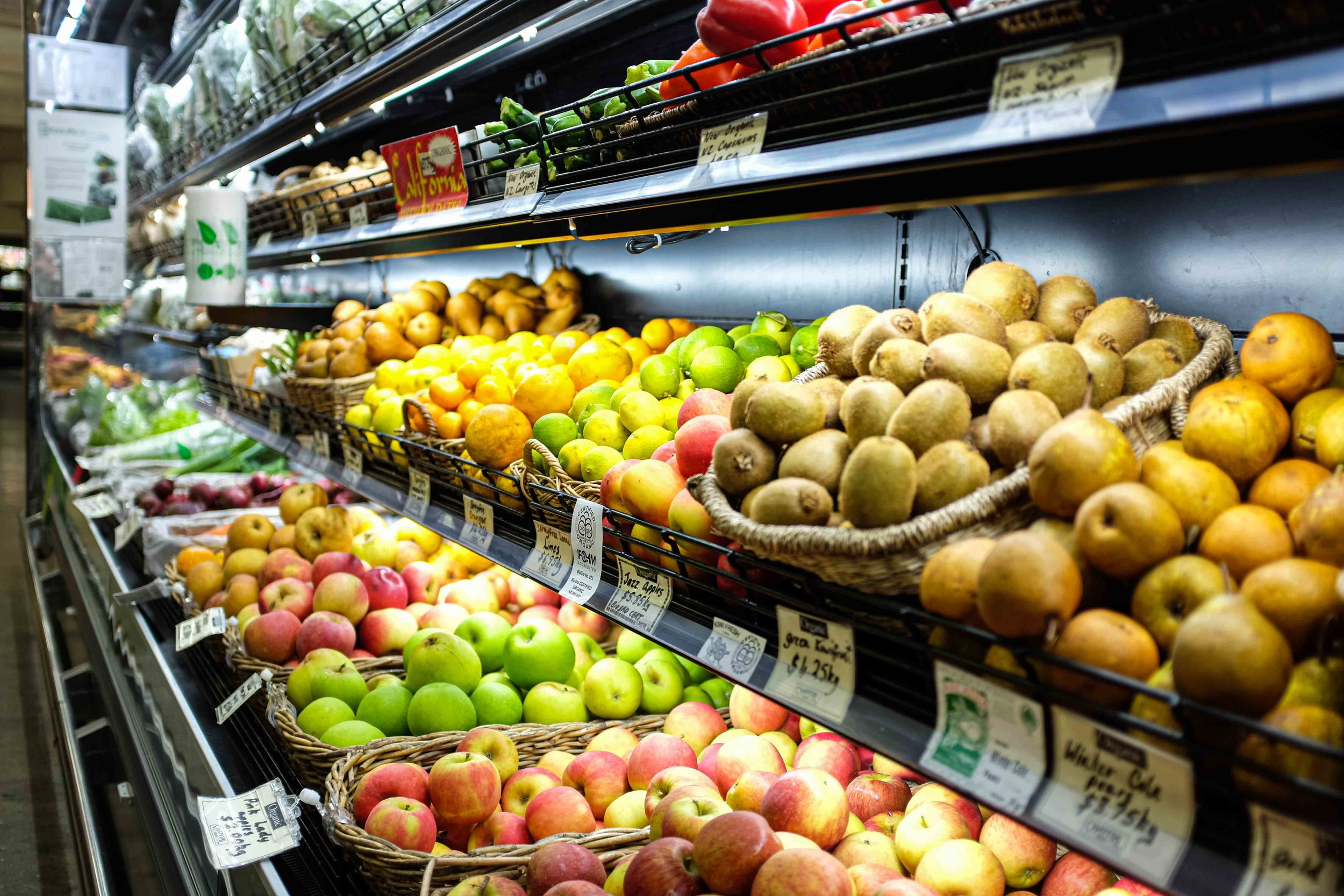How to Save Money on Groceries: Smart Shopping Strategies

Groceries are a necessary expense for every household, but that doesn’t mean you can't save money when restocking the pantry. With prices continually fluctuating, and the allure of eye-catching displays, it’s easy to find your grocery bills escalating. Fortunately, with a little planning and some savvy shopping strategies, you can keep those expenses in check. Here's how:
1. Plan Ahead with a List
Before heading out, jot down a list of items you genuinely need. This minimizes the chances of impulse purchases. Remember to stick to the list!
2. Meal Planning is Key
Plan your meals for the week. By doing this, you only buy what's required for those meals, reducing waste and avoiding unnecessary purchases.
3. Shop Seasonally
Fruits and vegetables that are in season are generally cheaper and tastier. Plus, they're often on sale. If unsure, a quick Google search can show what’s in season in your area.
4. Bulk Buy, but Wisely
While bulk buying can save money, it’s only worthwhile if you'll use all of what you've bought. Stock up on non-perishables like rice, pasta, and canned goods. But be cautious with items that expire quickly unless you're sure they'll be consumed in time.
5. Limit Convenience Foods
Pre-packaged and ready-to-eat foods might save time, but they're costlier than their raw counterparts. Opting for raw ingredients and cooking at home can lead to substantial savings.
6. Use Loyalty Programs
Many grocery stores offer loyalty programs that provide members with exclusive discounts. If you frequent a particular store, sign up for their program to benefit from these deals.
7. Be Coupon-Smart
Coupons can lead to great savings. However, only use coupons for items you'd ordinarily buy to avoid spending on unnecessary products.
8. Don’t Shop Hungry
It might sound cliché, but shopping on an empty stomach can lead to unnecessary and often unhealthy purchases. Having a snack before you head out can make a difference.
9. Check Unit Prices
Larger packaging doesn't always mean better value. Check the unit price (price per ounce or gram) to ensure you're getting the best deal.
10. Consider Store Brands
Often, store brands are just as good as, if not better than, name brands. They're typically cheaper because they don’t carry the advertising costs that name brands do.
11. Reduce Waste
Be mindful of perishables. If you realize something is about to expire, consider ways to use it up, perhaps by freezing or incorporating it into a meal.
12. Check Out Local Farmer's Markets
Not only are you supporting local farmers, but you often find deals on fresh produce, especially if you shop closer to the market’s closing time.
In conclusion, while grocery shopping is an inevitable expense, the approach you take can make a significant difference in your monthly bills. Embrace these tips, adjust your habits, and watch your grocery spending decrease while you enjoy delicious, cost-effective meals.


